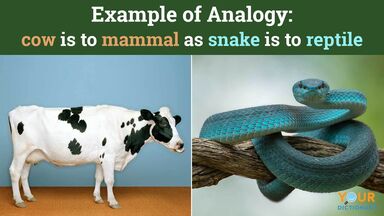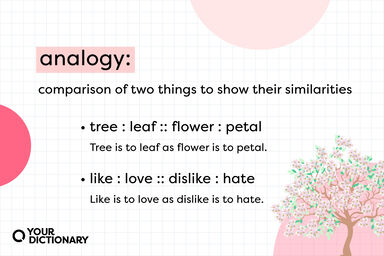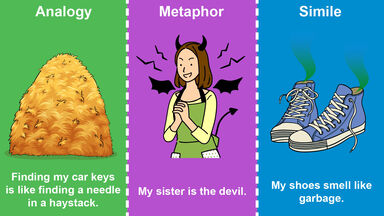For Philo lays stress upon the weakness of the analogical argument, points out that the demand for an ultimate cause is no more satisfied by thought than by nature itself, shows that the argument from design cannot warrant the inference of a perfect or infinite or even of a single deity, and finally, carrying out his principles to the full extent, maintains that, as we have no experience of the origin of the world, no argument from experience can carry us to its origin, and that the apparent marks of design in the structure of animals are only results from the conditions of their actual existence.
Indeed, we often induce in order to deduce, ascending from particular to universal and descending from universal to particular in one act as it were; so that we may proceed either directly from particular to particular by analogical inference, or indirectly from particular through universal to particular by an inductivedeductive inference which might be called " perduction."
On the whole, then, analogical, inductive and deductive inferences are not the same but three similar and closely connected processes.
Analogical inference requires that one particular is similar to another, induction that a whole number or class is similar to its particular instances, deduction that each particular is similar to the whole number or class.
In this case, analogical inference has led to induction, as induction to deduction.





